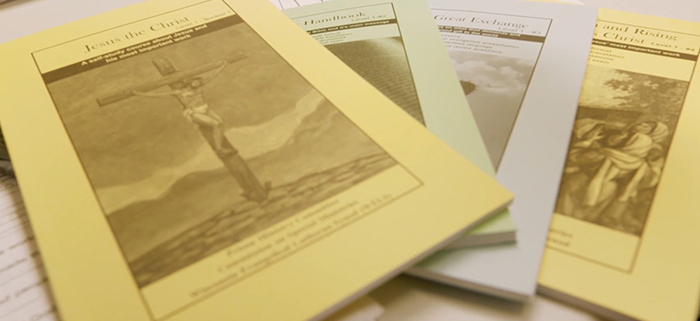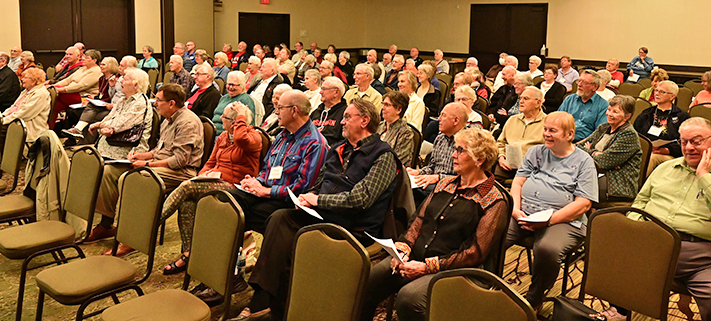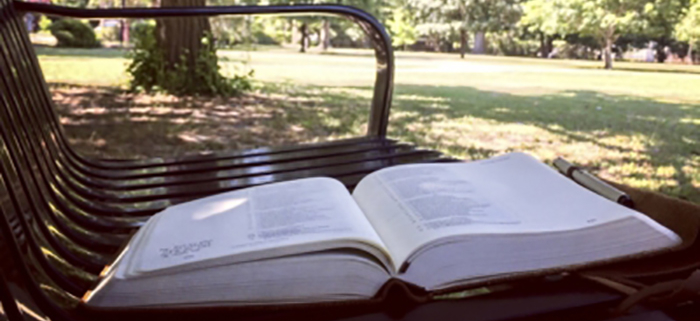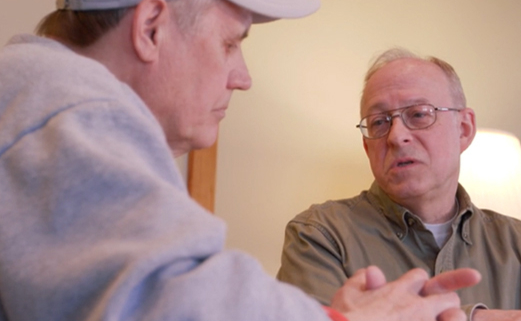MDHH ministry in action
“Give praise to the Lord, proclaim his name; make known among the nations what he has done.
Sing to him, sing praise to him; tell of all his wonderful acts. Glory in his holy name; let the hearts of those who seek the Lord rejoice” (Psalm 105:1-3)
We hear these words of the psalmist and easily imagine their application: loud shouts of praise to God . . . singing beautiful hymns and anthems to God’s glory . . . sharing and telling the whole world the life-changing news of the gospel . . . talking with other Christians as we remember God’s goodness. . . .
But our praises to God are not acceptable because of our voices, or because of a beautiful hymn, or because of a rich blend of musical instruments. Our prayers and praises are the spiritual sacrifices we offer to God that are only “acceptable to God, through Christ Jesus.” (1 Peter 2:5).
Here at Bloomington Living Hope, we are reminded of that truth as our deaf and hard of hearing members and friends grow in God’s Word through worship and Bible study. With hearts and hands they “give praise to the Lord, and proclaim his name.” They “tell of his wonderful acts” as they encourage one another. Their shouts of praise echo loudly through the new hearts and lives that the Holy Spirit has created by faith.
Each week at our Living Hope location, our 10 a.m. weekly worship service always has an interpreter. Our deaf members and the community can always count on having a live church service in which to worship each Sunday. The same service is streamed and archived on our website with a “picture in picture” view. The interpreter is recorded with a separate camera, so there is always a clear view. It takes work, preparation, and many volunteer hours, but God has richly blessed our efforts!
Another blessing of God is our weekly deaf Bible study. On Tuesday nights our deaf members bring their friends together to study God’s Word. It’s a loose format. Pastor leads the study, with the interpreter close by. We sit close to one another. We pray together. Anyone can ask any question at any time. It’s a bit different from the typical Bible study, but some things are the same. We open the Word and God richly feeds us.
Over the past two years, we’ve held our weekly deaf Bible study over ZOOM. Sometimes the screen is so full of people it’s hard to pick out the interpreter – what a blessing! The technology allows the deaf community to join us from anywhere. Deaf members in Illinois, Washington, South Dakota, and Arizona are brought together by the Spirit’s power to grow in faith week after week.
Starting in fall of 2022, our deaf Bible study is expanding to twice a week. Tuesday at 6 p.m. in person and Thursday 1 p.m. via Zoom. If you would like further information about these Bible studies or to view Sunday services signed by our interpreter, please go to our website bllh.org.
Over the past years, it is incredible to recall how God Has grown our DHH ministry. God can do the same for your church too!
SUBSCRIBE TO HIS HANDS
Get Special Ministries news and updates right to your inbox.
SUPPORT SPECIAL MINISTRIES
Support the ministry work of WELS Special Ministries.

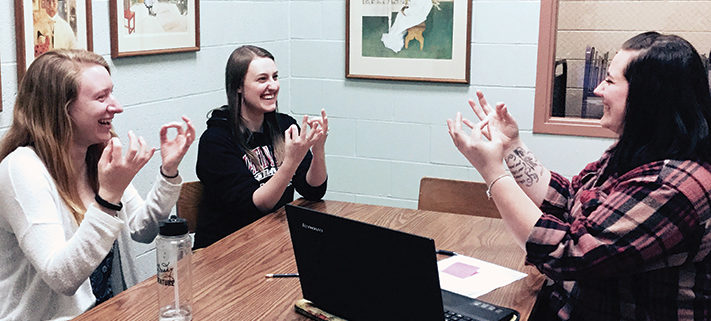
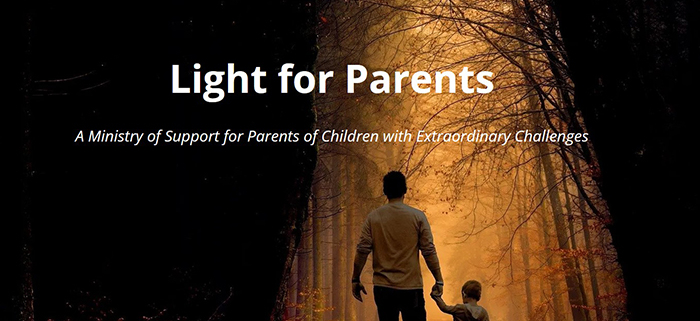




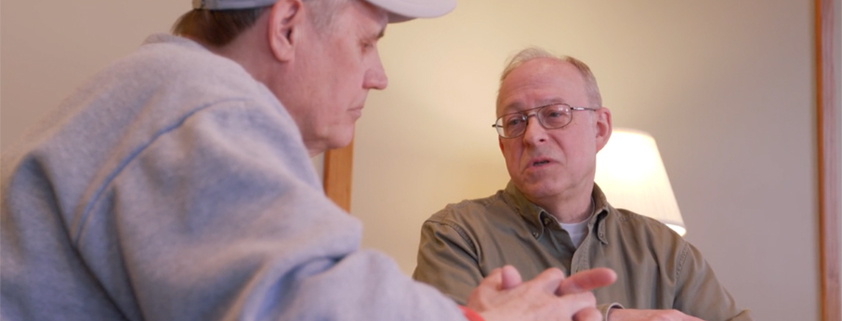


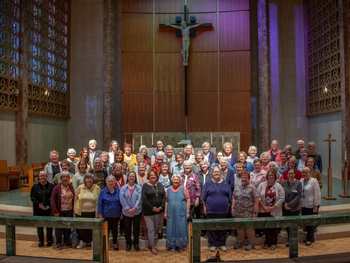 Parish Nursing dates back to the New Testament as Phoebe opened her home to help the sick and needy. Then many years later, in 1881, Lutheran General Hospital, in Chicago, staffed deaconess nurses. It would be a century before Parish Nurses were given a name. Presently, hundreds of parish nurses serve in churches throughout the States (and internationally) where the programs are energetic and effective.
Parish Nursing dates back to the New Testament as Phoebe opened her home to help the sick and needy. Then many years later, in 1881, Lutheran General Hospital, in Chicago, staffed deaconess nurses. It would be a century before Parish Nurses were given a name. Presently, hundreds of parish nurses serve in churches throughout the States (and internationally) where the programs are energetic and effective.
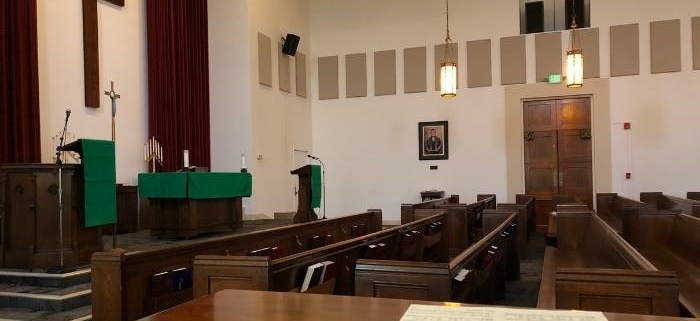
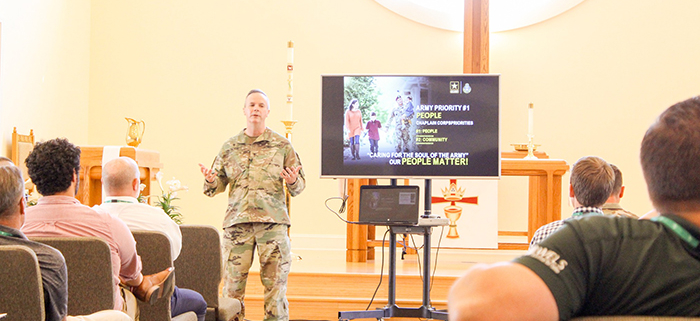

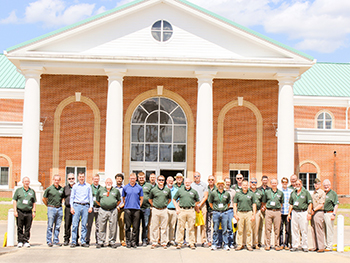 April 26-28, the WELS Military Services Committee held its annual Military Contact Pastors Workshop at Risen Savior, Pooler, Ga., near Army Fort Stewart and Hunter Army Airfield. Members of the Military Services Committee met with a group of WELS Military Contact Pastors to discuss ministry to the military with Fort Stewart chaplains and military personnel, including WELS members Lt. Col. Michael Hefti and his wife Katie, who described the stresses of military life and the importance of their WELS pastors and church family in supporting them spiritually.
April 26-28, the WELS Military Services Committee held its annual Military Contact Pastors Workshop at Risen Savior, Pooler, Ga., near Army Fort Stewart and Hunter Army Airfield. Members of the Military Services Committee met with a group of WELS Military Contact Pastors to discuss ministry to the military with Fort Stewart chaplains and military personnel, including WELS members Lt. Col. Michael Hefti and his wife Katie, who described the stresses of military life and the importance of their WELS pastors and church family in supporting them spiritually.
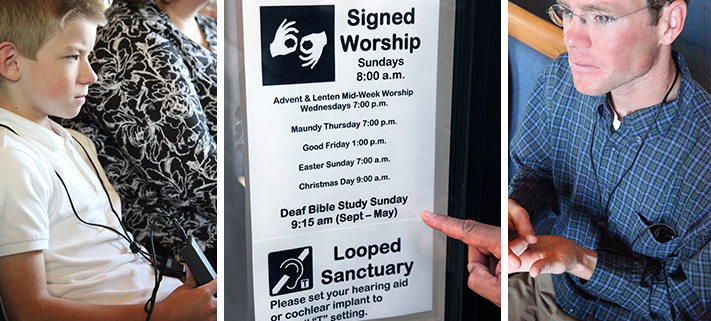
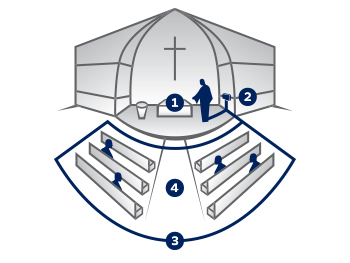 Thankfully, modern technology has solutions to alleviate this problem. One of these is to install a hearing loop in your church. A hearing loop works with people’s hearing aids to provide a clearer sound directly into their ears. Watch this
Thankfully, modern technology has solutions to alleviate this problem. One of these is to install a hearing loop in your church. A hearing loop works with people’s hearing aids to provide a clearer sound directly into their ears. Watch this 
